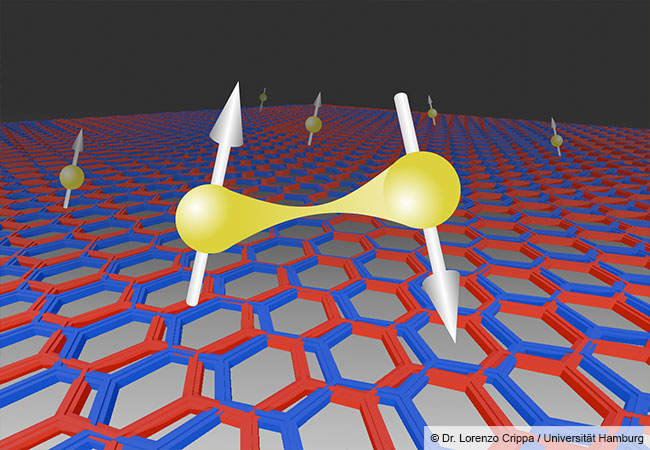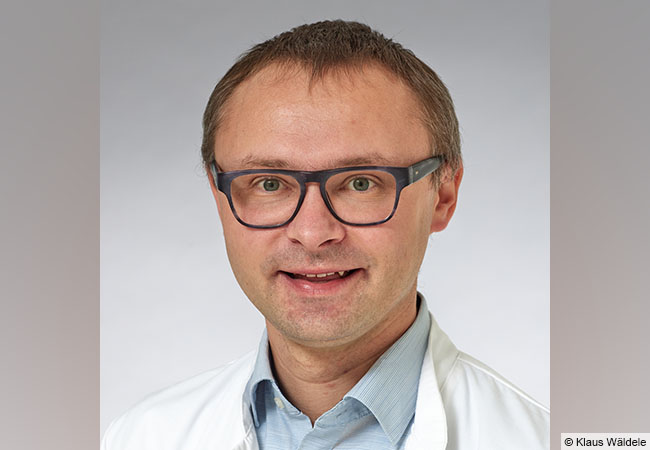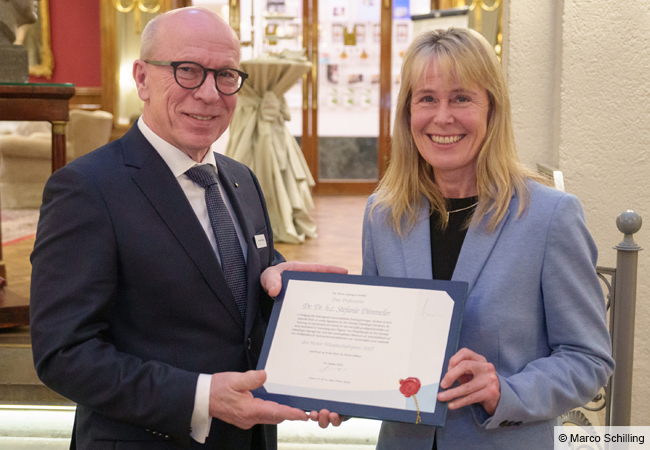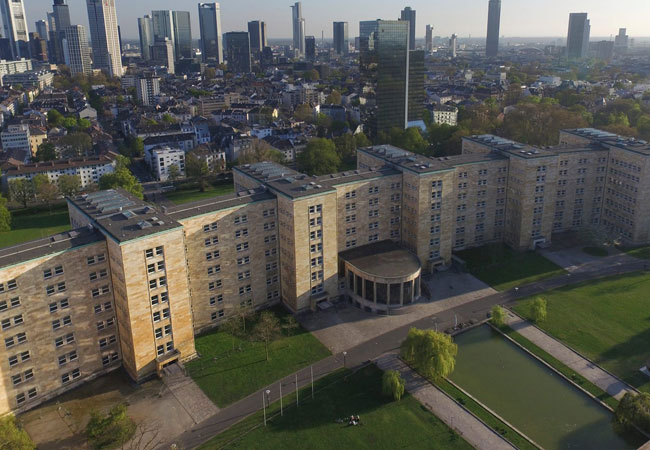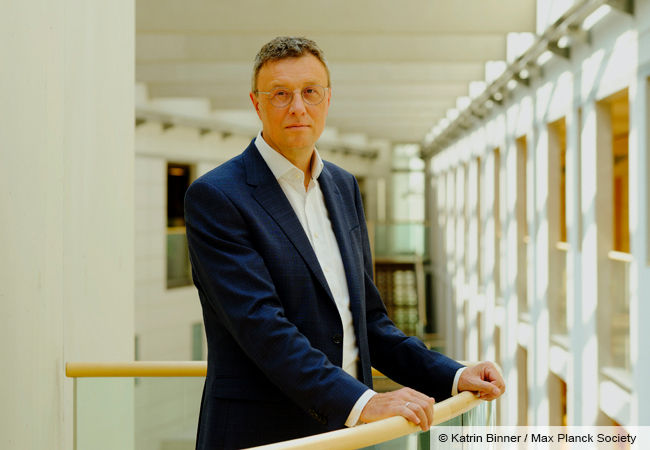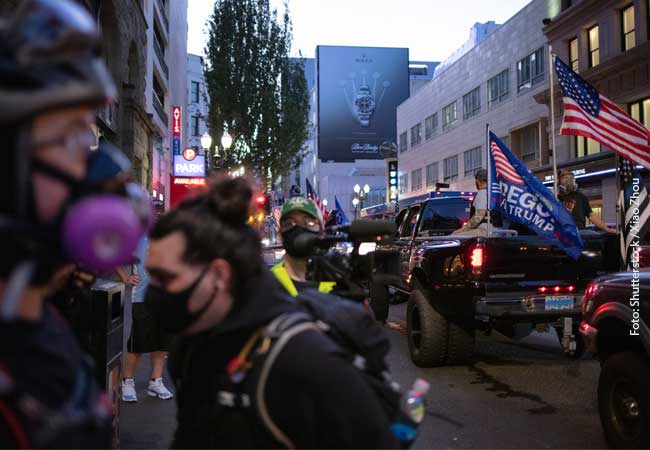
The interplay of conflict and trust is at the centre of the ConTrust cluster project, which is to enter the race for the Goethe University in the next round of excellence by the federal and state governments. Professors Nicole Deitelhoff and Rainer Forst and their colleagues applied for funding for the preparation phase with the State of Hesse – with success: a total of almost 10 million euros will be provided to the project by 2025, about half of which will come from the Hessian state budget.
Conflicts are not only unavoidable in society, they are essential to democratic coexistence and social progress. But how can conflicting parties be sure that they are not entering unprotected terrain and that the dispute will not be destructive? The secret of social coexistence according to the ConTrust research project at Centre for Normative Order is trust. However, the project initiators start from a somewhat different concept of trust than is generally used: “Trust is not located where conflict is absent, but is based in our view on experience, especially experience with conflict,” says Rainer Forst, who teaches political theory and philosophy at Goethe University. On the one hand, trust is the prerequisite for people to dare to engage with others; on the other hand, trust is also the result of experiences of conflict. But how must conflicts that are constructive in this way be constituted and „framed“? If science finds answers to these questions, it could help society to achieve a better culture of conflict.
Trust that arises in conflict? Nicole Deitelhoff, political scientist at Goethe University and director of the Peace Research Institute Frankfurt (PRIF), which submitted the funding application together with Goethe University, gives a concrete example: “Imagine there is traffic planning to construct a bypass: Some want it because they expect it to make their lives easier. Others reject it because it will cut up too much natural landscape. The debate quickly becomes heated and confrontational. But in the end, people start talking, get to know the other perspective, and re-establish common ground.” But what does a conflict need to be like, how does it have to be carried out, in order to have such a positive outcome? This requires norms and procedures that are accepted by everyone. „This is the litmus test for a society – as well as for personal friendships: whether you can stick together not only in fair weather, but also when things get tricky,“ explains Rainer Forst. Political opponents shaking hands in recognition of basic democratic rules is evidence of trust in the norms that society has given itself.
By conceiving of trust not as the opposite of conflict, but as an element of it, the researchers involved want to break new ground – entirely in keeping with the Frankfurt Tradition. In the empirical and normative research of the relationship between the two concepts, disciplinary boundaries are to be transcended and new methods developed and applied. The aim is to diagnose the dynamics of trust and mistrust in conflict situations. Five different contexts will be examined: the democratic system in general, international politics, economic processes, science and the media. Accordingly, the project is interdisciplinary: Law and economics, sociology, social psychology and political science, philosophy and film and literature studies will all contribute their share. Among the Principal Investigators (PI) involved are four scientists who have been awarded the Leibniz Prize. But many researchers in an earlier career phase are also involved in the project or are still to be recruited for it.
The fact that trust in democratic institutions and authorities such as elected politicians and scientists is currently declining is in large part the impetus for the project idea. The rage unleashed at demonstrations against the coronavirus policies of governments is proof that many people have become disoriented, that their trust „no longer has a place“, explains Deitelhoff. A feeling of uncertainty is spreading, which ultimately has a lot to do with the fact that many people no longer have a clear idea of who can solve problems, or even where they can be solved. In order to form a picture of reality, the individual needs an extremely large amount of information. Many people have reacted to this with regression: they have withdrawn and look for alternative forms of certainty – for example in demagogues like Trump. Trust also plays a role in a following like this, but it can then certainly have negative consequences. According to the research group, there are also authoritarian forms of trust.
The new project has been developed out of the former cluster “The Formation of Normative Orders”, but the perspective has shifted, as has the composition of the research team. “The cluster laid the foundation and forms the platform for joint research,” says Forst. Yet the approach is methodologically and substantively new and innovative, and so the speakers are particularly pleased about the funding approval: „Now we can really get going again – with a nice tailwind,“ adds Forst. ConTrust is being funded with 4.8 million euros from state funds and 4.9 million euros of its own funds through Goethe University and the Peace Research Institute Frankfurt; the researchers involved contribute a quarter of this amount themselves. „We are very grateful for the recognition expressed in this decision. And we thank the many people involved for their courage in breaking new ground and the Normative Orders team for their great commitment,“ says Nicole Deitelhoff. Now the task is to prepare the relevant preliminary work for a cluster proposal in 2025. If the project emerges successfully from the next round of excellence in 2027, Frankfurt can be further expanded as an international centre for trust and conflict research.
Cluster project ConTrust
Trust in Conflict. Political Coexistence under Conditions of Uncertainty
Speakers:
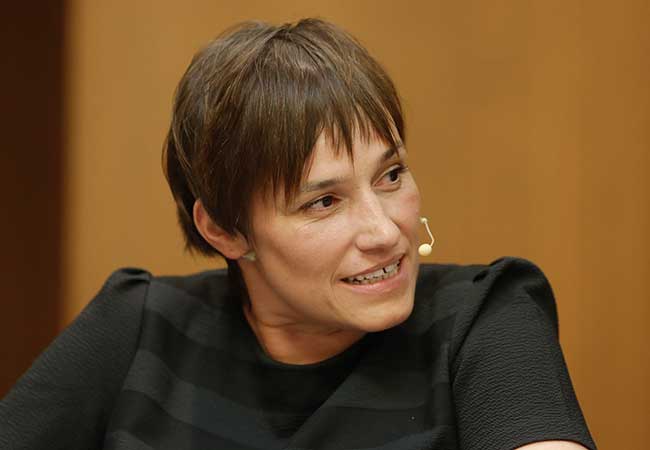
Prof. Nicole Deitelhoff
Goethe University Research Centre Normative Orders (i.G.) and Peace Research Institute Frankfurt (PRIF)
Tel: +49 (69) 798-31444
deitelhoff@hsfk.de
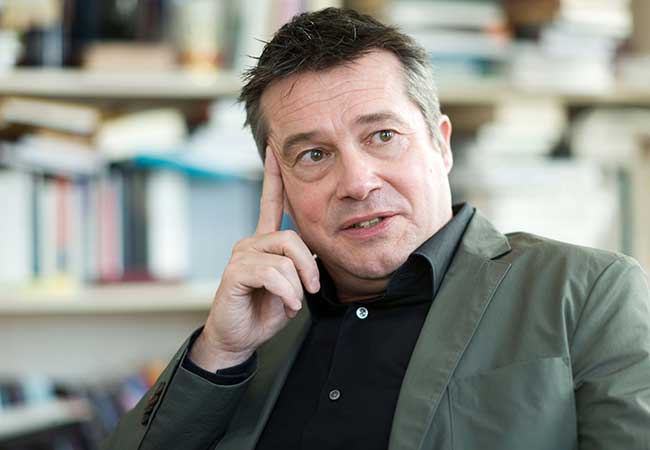
Prof. Dr. Rainer Forst
Goethe University Research Centre Normative Orders (i.G.)
Tel: +49 (69) 798-31540
forst@em.uni-frankfurt.de
Further information: https://www.normativeorders.net/en/


